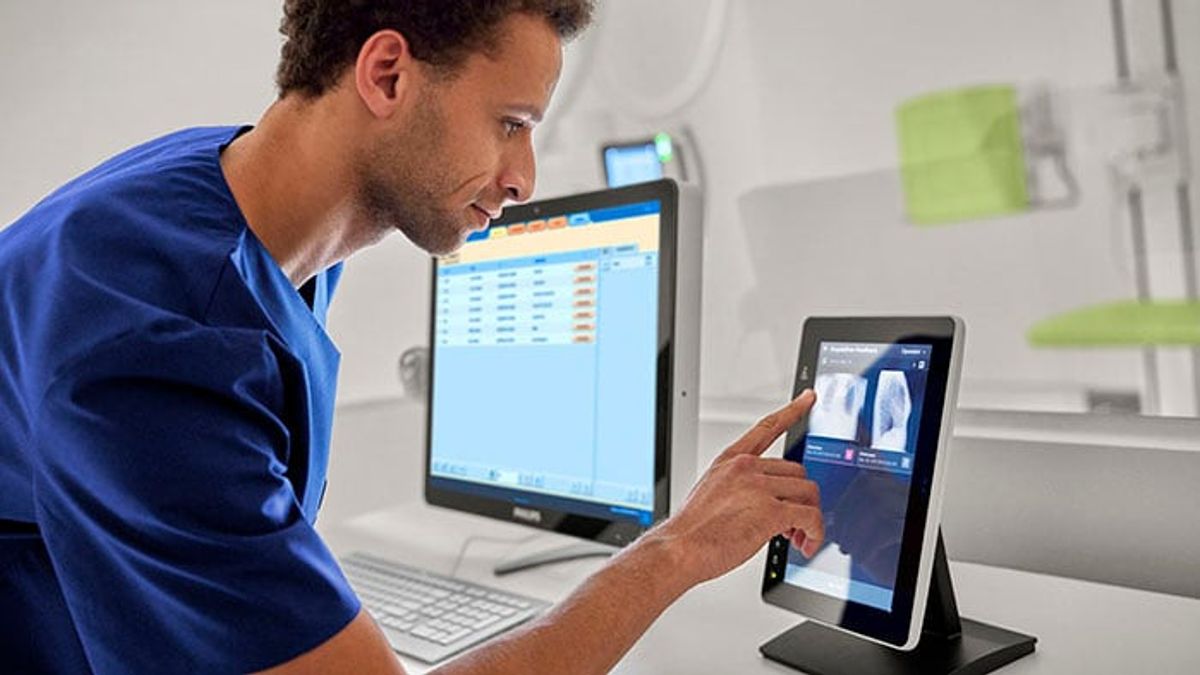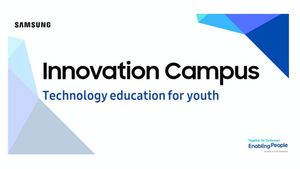JAKARTA - Royal Philips showcases the vision of the future of technology-supported health services. By utilizing AI, Philips aims to optimize clinical workflows, improve the quality of care, and provide a better patient experience.
According to the leading health technology company, AI offers a great opportunity to optimize clinical workflows and improve patient outcomes by analyzing patient data to gain follow-up insight.
This is in line with the findings of the 2024 Future Health Index Philips report which states that the benefits of AI include improving treatment plans, improving treatment routes, forecasting better patient needs, reducing bad events, and decreasing hospitalization rates.
Health service leaders are trying to address the challenges of data integration to fully exploit its potential and excited to adopt AI in critical decision making and achieve efficiency, said Mark Burby, Vice President of Health Systems for the Philips Asia Pacific.
In line with these findings, Philips is committed to continuing to collaborate with health service providers on their digital transformation journey.
Philips sees the future of intelligent health services involving a network connected between direct and virtual treatments, supported by real-time and predictive insights to enhance collaboration and operational efficiency.
SEE ALSO:
For example in the field of radiology, solutions that integrate automation, AI, and clinical expertise can accelerate work flow, improve efficiency, and work experience.
"Data and AI play an important role in the digital transformation of Indonesia's health system. In the future, we will continue to be committed to helping health service providers adopt digital technology," concluded Astri Ramayanti Dharmawan, President Director of Philips Indonesia.
The English, Chinese, Japanese, Arabic, and French versions are automatically generated by the AI. So there may still be inaccuracies in translating, please always see Indonesian as our main language. (system supported by DigitalSiber.id)

















